In a heartwarming display of love and spontaneity, a Brazilian live stream recently captured the internet's attention when an unexpected marriage proposal unfolded in real time. The viral moment, which blended modern digital culture with timeless romance, has sparked conversations about the evolving nature of public declarations of affection in the age of social media.
The incident occurred during a routine gaming livestream by popular Brazilian content creator Lucas "Lokão" Mendes. What began as a typical broadcast quickly transformed into something extraordinary when Lokão's longtime girlfriend, Isabella Carvalho, appeared on camera holding a small velvet box. With thousands of viewers watching, she got down on one knee and asked the stunned streamer to marry her. The raw emotion of the moment—Lokão's speechless reaction, the chat exploding with celebratory messages, and Isabella's nervous smile—created an authentic viral spectacle that resonated across platforms.
Social media platforms erupted with clips of the proposal within hours. Twitter threads dissected every detail, from Lokão's delayed comprehension (he initially thought his girlfriend was joking) to the way his hands trembled when finally saying "yes." TikTok compiliations set the moment to romantic ballads, amassing millions of views. Even mainstream Brazilian news outlets covered the event, highlighting how internet culture increasingly influences traditional media narratives about love and relationships.
What made this proposal particularly noteworthy was its inversion of traditional gender roles. In a society where public proposals typically feature men proposing to women, Isabella's bold gesture challenged conventions. Relationship experts noted how this reflects broader societal shifts, with younger generations embracing more egalitarian approaches to romance. Comments flooded in from women worldwide praising Isabella's confidence, while many men expressed admiration for Lokão's emotional vulnerability during the unexpected moment.
The aftermath of the viral proposal revealed fascinating insights about modern digital relationships. Lokão's streaming channel gained over 200,000 new subscribers in the week following the event. Brands immediately reached out with sponsorship opportunities, from jewelry companies offering free wedding bands to travel agencies proposing honeymoon packages. This commercial interest underscored how authentic emotional moments have become valuable currency in the attention economy.
Interestingly, the couple's decision to share this intimate moment publicly reflects deeper changes in how millennials and Gen Z view privacy. Where previous generations might have considered proposals intensely private affairs, many young couples now deliberately incorporate their online communities into major life events. Psychologists suggest this stems from digital natives' perception of their online audiences as extended social networks rather than anonymous crowds.
As the story developed, fans uncovered sweet details about the couple's history. Isabella had apparently been planning the surprise for months, consulting with Lokão's streaming moderators to ensure perfect timing. She chose his birthday week for the proposal, making the live stream ostensibly about celebrating his special day. The ring itself carried significance—designed to resemble the infinity symbol from their favorite game they'd played together during early dates.
The phenomenon also sparked debate about authenticity in the digital age. Some skeptics questioned whether the proposal was staged for clout, given both participants' social media savvy. However, most viewers recognized the genuineness of the emotions displayed. Body language experts analyzing the footage noted microexpressions consistent with real surprise and joy, not performance. This distinction between manufactured content and organic moments remains crucial as influencers increasingly blend their personal and professional lives online.
Beyond the personal story, the event highlighted Brazil's booming live streaming culture. With one of the world's most engaged digital populations, Brazilian creators have pioneered innovative formats that merge entertainment with real-life storytelling. The proposal exemplified how these platforms have become stages for life's milestones, transforming viewers from passive spectators into participatory communities celebrating together.
In the weeks following the viral moment, reports emerged of similar public proposals occurring across Brazilian streaming platforms. This imitation effect demonstrates how singular digital events can influence broader cultural behaviors. Wedding planners in Rio and São Paulo noted increased inquiries about "livestreamed proposal packages," suggesting the creation of an entirely new niche in the events industry.
As for the happy couple, they've announced plans to incorporate their digital community into wedding preparations. Viewers will vote on elements like first dance songs and cake flavors through polls during Lokão's streams. The wedding itself will likely be a hybrid event—intimate in-person gathering for family, live-streamed for fans. This approach reflects how contemporary couples navigate between physical and digital realities, creating new traditions for the internet age.
The Brazilian livestream proposal ultimately represents more than just a sweet romantic story. It serves as a cultural snapshot of how technology mediates human connection, how gender norms evolve, and how authenticity thrives even in highly curated digital spaces. As social platforms continue reshaping how we experience life's milestones, this unexpected moment of joy reminds us that love stories—no matter how they're shared—remain humanity's most cherished content.

By /Jun 17, 2025

By /Jun 17, 2025
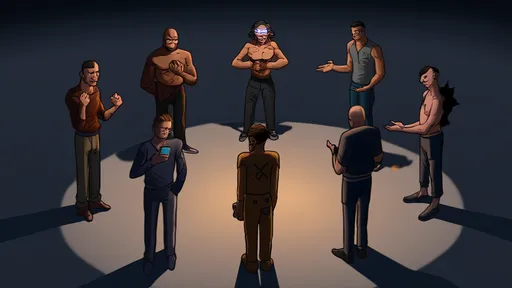
By /Jun 17, 2025

By /Jun 17, 2025

By /Jun 17, 2025

By /Jun 17, 2025
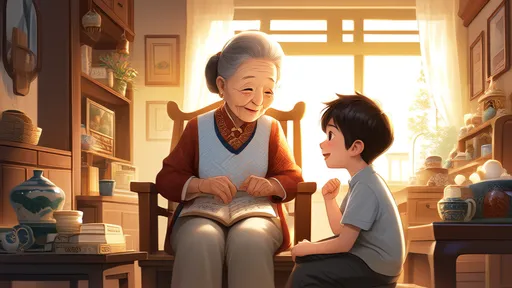
By /Jun 17, 2025

By /Jun 17, 2025
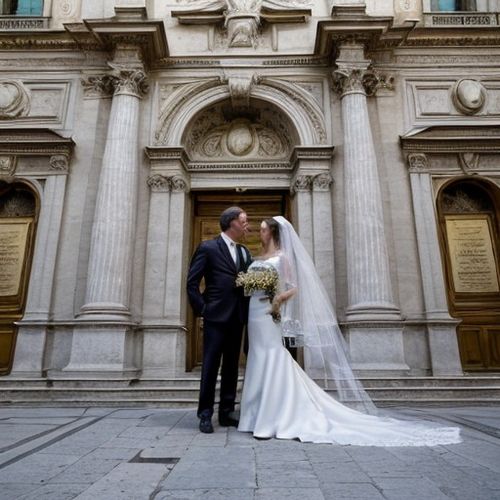
By Sophia Lewis/Apr 19, 2025
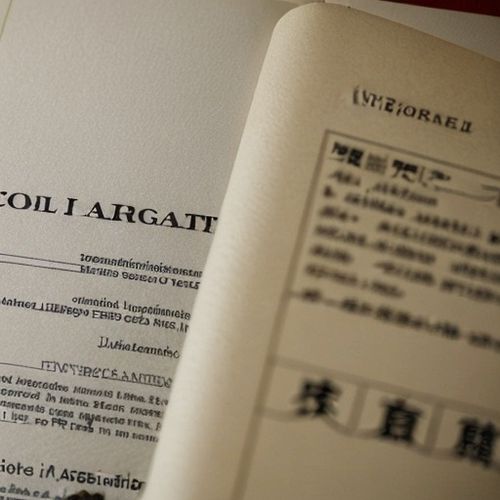
By Elizabeth Taylor/Apr 19, 2025

By James Moore/Apr 19, 2025

By Rebecca Stewart/Apr 19, 2025

By Ryan Martin/Apr 19, 2025

By James Moore/Apr 19, 2025

By Sarah Davis/Apr 19, 2025
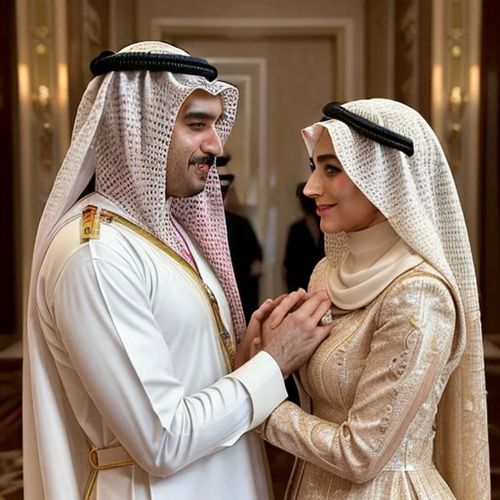
By George Bailey/Apr 19, 2025
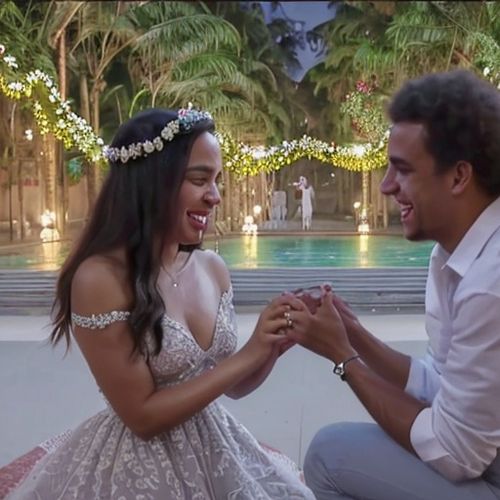
By James Moore/Apr 19, 2025

By Amanda Phillips/Apr 19, 2025